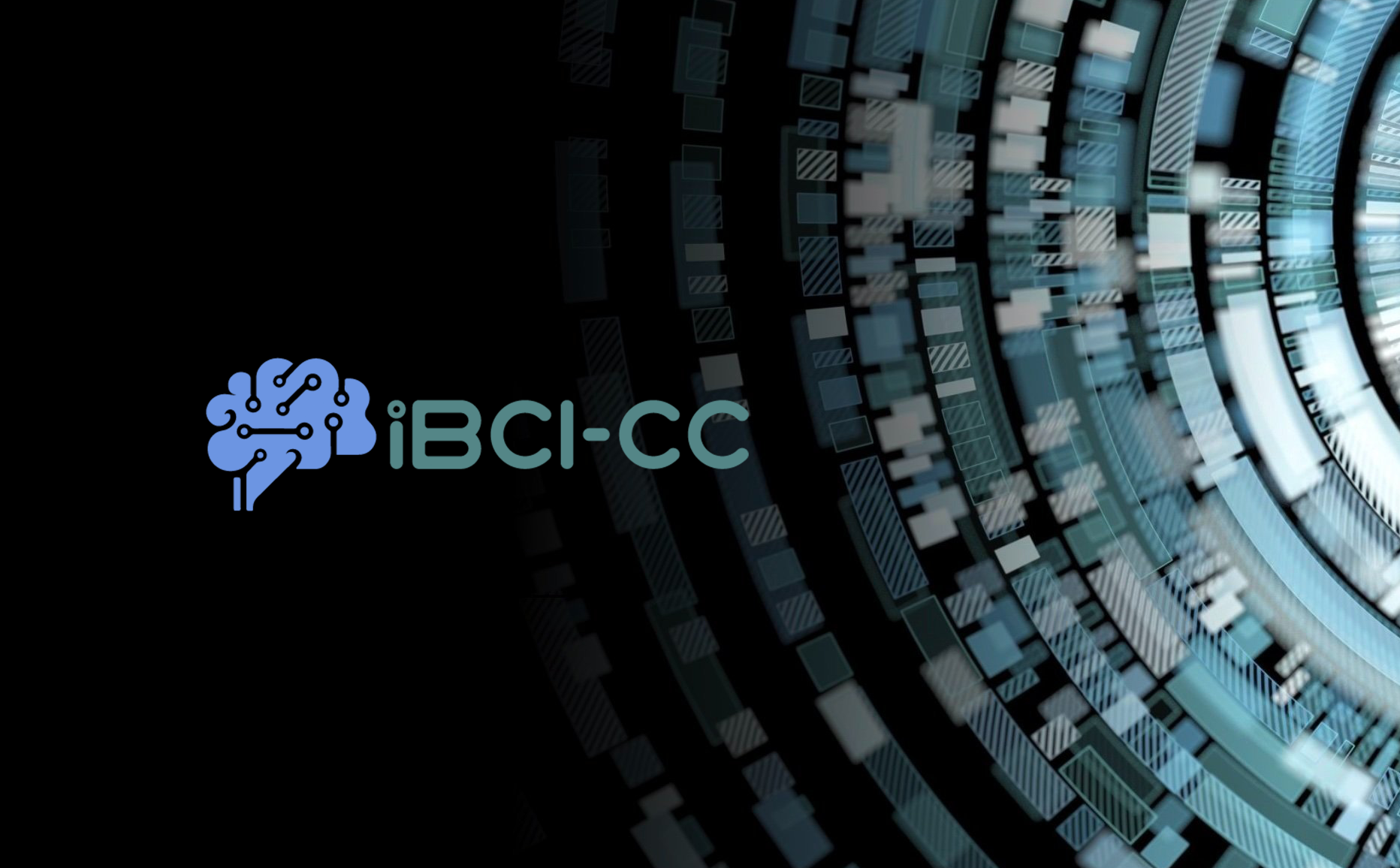.png)
.png)
.svg)
.svg)



Neuroethics
Neuroethics
The iBCI-CC fosters responsible ALS treatment through collaborative dialogue
Neuroethics serves as the foundational compass for advancements in brain-computer interface (BCI) technology, particularly for individuals battling debilitating conditions like ALS. Zoe Lalji, whose father, Dr. Ayeez Lalji, was diagnosed with ALS in 2017, passionately advocates for BCI as a transformative solution, echoing Steve Gleason’s belief that 'until there is a cure, technology is the cure'. Zoe believes that brain-computer interfaces (BCIs) provide solutions for the millions that suffer from severe speech and motor impairment, and the possibility to improve connection between family members and caregivers, resulting in better patient care.
The role of iBCI-CC in ethical BCI development
ALS Heroes, a Lalji family foundation inspired by Dr. Ayeez Lalji, is a founding member of the Implantable Brain-Computer Interface Collaborative Community (or iBCI-CC). This community was formed by a group of diverse stakeholders with a wealth of experience in the fields of neuroscience, medicine, technology and patient advocacy to advance the development of implantable Brain-Computer Interfaces in a thoughtful, impactful, and results-driven approach.

“Our goal is to foster collaboration among diverse stakeholders, including researchers, clinicians, medical device manufacturers, patient advocacy groups, and people with lived experience, to accelerate the development, safety and efficacy evaluation, and access to iBCI technologies.”
Why collaborative communities matter for BCI innovation
Collaborative communities are central to the advancement of brain-computer interfaces and foster interdisciplinary dialogue and cooperation that is essential for tackling the multifaceted challenges of BCI development:
- Research and innovation: Collaborative efforts bring together diverse expertise, from neuroscience to neuroethics and robotics, enabling rapid progress in understanding brain function and developing more sophisticated interface technologies.
- User-centered design: BCIs must serve the practical needs and preferences of their users so individuals with disabilities, and their caregivers, are actively involved to ensure technology is intuitive, functional, and genuinely empowering.
- Neuroethics considerations: BCIs raise profound ethical questions regarding privacy, autonomy, and the potential for misuse. Ethicists and social scientists are integral to addressing these issues and promoting responsible innovation.
- Clinical trials and validation: Medical device development requires rigorous testing and validation through clinical trials to ensure the safety and efficacy of BCIs. Central to this ecosystem is the U.S. Food and Drug Administration (FDA), which is instrumental in balancing innovation with patient safety and promoting advancements that benefit patients.
FDA guidance and neuroethics in clinical BCI trials
For collaborative medical development communities like the iBCI-CC, the FDA serves as a critical partner to provide regulatory guidance throughout the product development and submission process. The FDA also encourages dialogue among stakeholders within collaborative communities, and promotes neuroethics and practices in medical product development. The FDA also creates accelerator programs that lay the foundation for “more rapid development and more rapid and widespread patient access to safe, effective, high-quality medical devices of public health importance.”
Building a responsible future for ALS patients
The goal of the FDA and other contingents of the iBCI-CC is to cultivate a meaningful, needs-driven BCI field. The group is intentionally limited in scope to include implants under the scalp or intracranial space that sense and interpret signals from the brain via intravascular, epicortical, and/or intraparenchymal electrodes with the intent to facilitate restoration or rehabilitation of users’ function. By maintaining a narrow focus, the group is positioned to efficiently and effectively answer the multitude of questions that must be answered before clinical use is possible; including how iBCIs will be categorized for reimbursements, whether any iBCI components should be standardized, and best practices for handling neural data.
By fostering inclusive, ethical collaboration and uniting diverse expertise and perspectives, these and many other considerations are being addressed thoughtfully by the iBCI-CC and are paving the way for a future where individuals with ALS and other disabilities can reclaim autonomy and enhance their quality of life through direct brain-computer communication.
Paradromics is a proud founding member of the iBCI-CC. We look forward to the many clinical advancements that this group will bring to the implantable BCI field.
Learn more in Healthtech and the FDA.
Learn more about Zoe’s story and ALS Heroes. You can also watch Zoe's TEDx Talk.
%20(1).svg)

.svg)